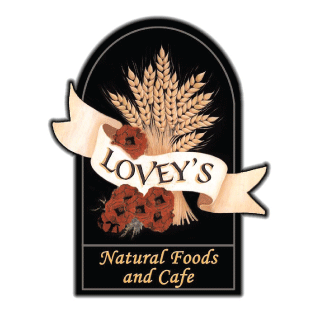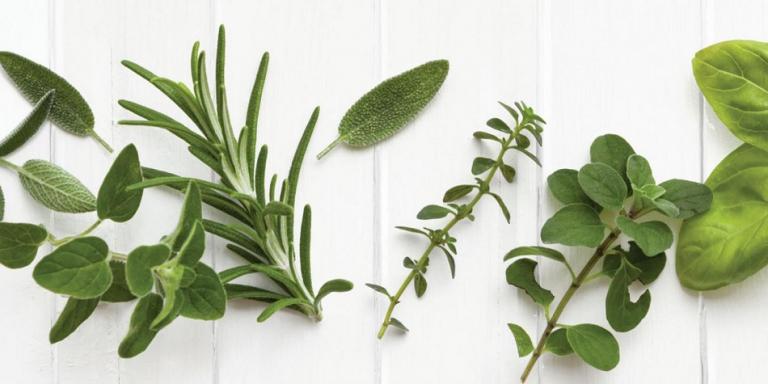Spices with Health Benefits
-
Sage
Sage, whether fresh or dried, has a strong flavor that makes it a good choice for hearty, slow-cooking foods such as roasts and stews. Sprinkle it on squash or sweet potatoes too. Sage tea soothes sore throats and laryngitis.
-
Rosemary
Rosemary goes well with meat, fish, poultry, rice, tomato sauce, and casseroles. It’s one of the world’s strongest antioxidants and has been researched for the treatment and prevention of cancer, arthritis, diabetes, and other diseases. It’s equally powerful fresh or dried and retains its flavor in long, slow cooking. Add it to full-bodied foods such as chicken, pot roast, and stews.
-
Thyme
Thyme has strong antiseptic and anti-inflammatory properties. It helps break down fatty foods, making it a good addition to stocks, marinades, and stews. Dried thyme is preferred for cooking, as it holds up better than fresh. Rub it into chicken skin before roasting, or toss it into any dish that includes potatoes.
-
Basil
Basil aids digestion. Its flavor intensifies when its cooked.
-
Bay Leaf
Bay leaf is an appetite enhancer. Add fresh or dried leaves to soups and stews, but remove before serving.
-
Ginger
Ginger is good for the heart and settles the stomach. It’s widely used in many cuisines.
-
Oregano
Oregano is a digestive aid that’s great on pizza, vegetables, and most meats.

